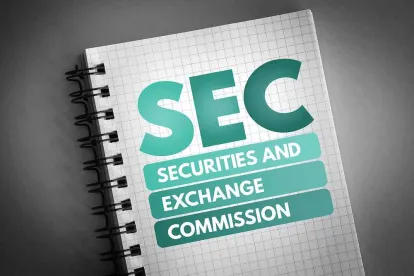Cryptocurrencies and digital assets will continue to be an area of intense regulatory focus, but a new administration may bring new regulations. SEC Chairman Gensler has extensive experience with cryptocurrencies and blockchain, including a teaching stint at MIT. However, Gensler has alternated between censure and praise, referring to cryptocurrencies and blockchain both as an “innovative irritant” and as a “catalyst for change” while noting that crypto markets have been “rife with scams, fraud, hacks and manipulation.” Nonetheless, the main area of focus will likely remain whether, and which, digital assets are subject to SEC regulation as securities.
The SEC’s recent action against Ripple Labs Inc. may illustrate the next wave of regulatory disputes. Liability in Ripple hinges on whether or not XRP (which Ripple describes as a digital asset built for payments) can be considered a security under the “Howey Test”; i.e., whether it is an investment in a common enterprise “with the expectation of profits derived solely from the efforts of others.” The dispute over XRP illustrates the “grey area” into which some digital assets may fall. Ripple argues that it created a fully-functioning currency, while the SEC can argue that investors were seeking to profit through the issuer’s efforts to manage and develop the market for that asset. Gensler stated in 2018 that there was a “strong case” that both XRP and Etherium (a decentralized cryptocurrency) were securities, but the cryptocurrency landscape has undergone sweeping changes since that time.
Fund managers should also consider how active the CFTC has been in this space, regulating derivatives linked to crypto as well as exercising its authority to prosecute fraud and manipulation in crypto spot markets. The Department of Treasury’s Financial Crimes Enforcement Network is also active (e.g., for anti-money laundering purposes). Meanwhile, participants in these markets would do well to proceed with caution, not simply because of market factors but also due to a dynamic and uncertain regulatory landscape.








 />i
/>i

